Most of us know the importance of networking and fostering professional relationships, yet few of us invest the time or energy we should in this critical endeavor. Typically, we spend our time working hard, performing our assigned tasks, socializing with current work colleagues, and investing in our families. While these are critical, we must also spend our time and energy cultivating and nurturing our professional networks. There are several compelling reasons why this needs to be one of our top priorities.
Though you may be gainfully employed and don’t foresee yourself looking for employment in the near future, you should revisit this premise. In today’s rapidly changing environment, business professionals are changing jobs at a higher frequency than ever before. Companies are merging, acquiring, rightsizing, laying off employees, and hiring contingent labor at an unprecedented rate. Roles and positions that once were considered secure or permanent should no longer be viewed as such.
In 2018, statistics reported there were approximately 129.5 million Full-Time (FT) employees in America. According to a Vox article published in April of this year, 29.1 million FT employees were laid off, and 40.1 million employees quit their jobs in 2018. Consequently, more than half (53.9%) of FT employees in the U.S. transitioned out of their roles and were in the market for new opportunities.
While you may not anticipate being in the market for a new job, these statistics highlight the importance of having a contingency plan. What is the best way to prepare yourself? Proactively cultivate, nurture, and expand your professional network because this is where you will likely find your next career opportunity.
According to Payscale’s Gina Belli, “Some estimate that over 85 percent of open positions are filled through networking. If you’re looking for work, it might be better to put your time into building your professional network rather than pouring through all those listings online”. Leading search firms and outplacement professionals agree with these statistics and trends.
Beyond the direct benefits, a Harvard Business Review article, “Learn to Love Networking,” by Tiziana Casciaro, Francesca Gino, and Maryam Kouchaki, suggests networking “leads to broader and deeper knowledge, improved capacity to innovate, faster advancement, and greater status and authority. Building and nurturing professional relationships also improves the quality of work and increases job satisfaction”. So beyond the tangible benefits, the intangible rewards are equally compelling.
For the aforementioned mentioned reasons, you would be wise to devote several hours each week to networking. Like most of your essential activities, commit, build a plan, and schedule the time to do it.
If you initiate contact, proactively reach out to members of your inner circle and family. Ask them who are two to three key influencers you should meet and why. Ask the referred parties for breakfast, coffee, or lunch. Start with those familiar to you and with common personal and professional interests before expanding your efforts. You will find most people to be gracious, open to introductory meetings, and willing to offer advice and introduce you to members of their network.
When others reach out to you, selectively and strategically take those phone calls, LinkedIn invitations, and requests for introductory meetings. If invited to speak, participate in a forum, or support a worthy cause, jump on the opportunity, particularly those relevant to you. Remember, quality is more important than volume. The primary goal is to build meaningful relationships, expand your network, add value, and have a readily available support group.
Now that I have hopefully built a successful case for networking, here are several tips on how to do it most effectively. These are adapted from Harvard Business Review articles, the Forbes Networking Council, and my personal experience.
- Passive introductions from colleagues and friends are far more effective than cold introductions.
- Do your research about the person and their interests.
- Smile and build a meaningful connection.
- Identify and build on common interests.
- Think about how you can help or assist them.
- Be genuinely curious.
- Avoid having a strict agenda.
- Follow up with a thank-you note. Email works, but handwritten notes are better.
As someone who has spent twenty-five years in corporate America, recently launched an Executive Coaching practice, and moved to a new city with my family, I can’t tell you how invaluable my network has been to me. The relationships I have built socially and professionally have been a blessing, and I would be hard-pressed to quantify their monetary value. They have opened doors, made essential introductions, and provided me with incredibly valuable insights. I am grateful and indebted to them, which is why I am delighted to pay it forward and help anyone who reaches out to me for help or assistance.
As you approach the holiday season and the end of the year, take the time to reflect on your network, connect with key influencers, reconnect with those who lost contact with them, and be sure to thank them for their help and support. When others reach out to you, offer them your assistance.
Remember, it is always better to give than to receive.
I welcome your thoughts, perspectives, and stories. Please reach me at john@vegasconsultinggroup.com.
Thank you for reading.
John

